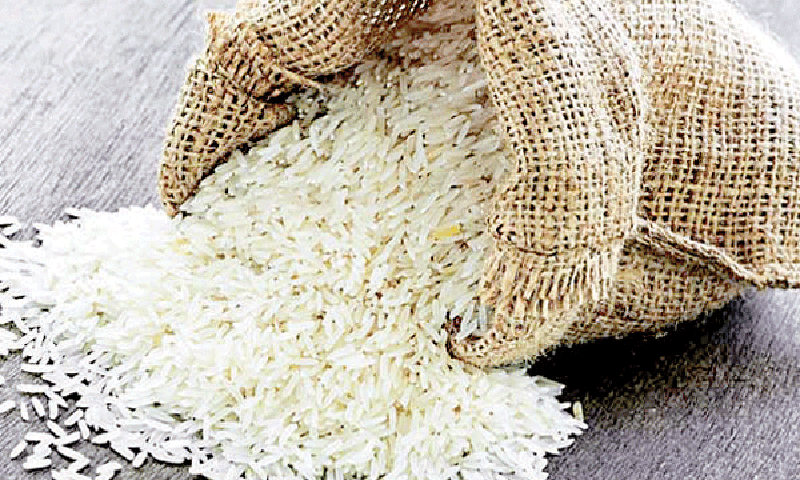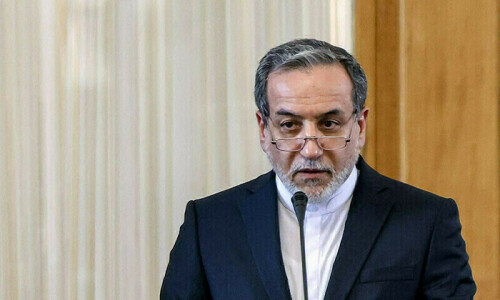ISLAMABAD: The Ministry of Commerce has withdrawn the minimum export price (MEP) for rice, a move expected to lead to a decrease in export value and increase under-invoicing during the current fiscal year.
In November last year, the ministry had notified the MEP for several types of rice, leaving minimal margins for Dubai-based Indians to export Pakistani rice under their trademarks. The apparent reason for that decision was the Indian government’s ban on rice exports, while Dubai-based Indian exporters needed rice to supply to their buyers.
The ministry has now issued a notification to revoke the November 2023 notification. The Indian government has relaxed its prohibition on rice exports, effective October 1.
Rice exporter and commodities expert Shamsul Islam Khan told Dawn that the commerce ministry’s sudden decision to withdraw the MEP will lead to a pricing war between Pakistan and India. He feared that Pakistan’s rice export value will suffer as the country may not receive the true value of its rice exports.
Exporters fear move to decrease Pakistan’s export earnings, lead to pricing war with India
He added that the risks of transfer pricing and under-reported exports will be increased. India had aimed for Pakistan to react similarly so that they could beat Pakistani exporters with their vast production of coarse and basmati rice. He warned that while the commerce ministry’s decision may have been an easy one, it will ultimately result in a decline in Pakistan’s rice export earnings.
In FY24, Pakistan’s rice exports reached $3.93 billion, up from $2.15bn in the previous year, reflecting an 83 per cent increase. The growth in quantity was 62pc during the year under review.
A Karachi-based leading rice exporter told Dawn on Saturday that prior to the commerce ministry’s 2023 notification, there was an agreement between the Trade Development Authority of Pakistan (TDAP) and the Rice Exporters Association of Pakistan (REAP). Under this system, REAP provided minimum pricing for specific rice types for TDAP’s subsequent notifications to customs. However, in November 2023, the commerce ministry ended this arrangement and unilaterally issued a notification regulating MEP prices for rice varieties. REAP was dissatisfied with this decision as the MEP for certain varieties was set higher. REAP has repeatedly demanded adjustments for a few types.
According to the exporter, the ministry withdrew the MEP due to two main developments: declining rice prices in the international market and the possibility that Dubai-based Indian exporters might switch their sourcing to Indian farmers at lower prices. Notably, famous Indian brands in Dubai buy rice from Pakistan, repack it under their Indian labels, and sell it globally, allowing Indian brands to dominate key markets while Pakistani rice exporters increasingly rely on these brands to sell their rice.
The new REAP chairman will assume office on September 30, and according to the exporter, he will address the issue with the TDAP. Without the MEP, Pakistan risks failing to meet last year’s export value, even with a good harvest.
Contrary to this, an official announcement from the commerce ministry stated that the decision to withdraw the MEP was taken on the directives of Commerce Minister Jam Kamal, based on a request from REAP. According to the statement, the MEP was initially introduced last year in response to rising global rice prices and India’s ban on rice exports. However, with the recent decline in international rice prices and India lifting its export ban, the MEP has become a barrier for Pakistani rice exporters in the global market.
Published in Dawn, September 29th, 2024
















































